Graves Disease and Depression
Last Updated on August 5, 2024 by Anna Baumann
Graves Disease and Depression
There was a time just before I was diagnosed with Graves Disease, that I was in a very dark place emotionally. It could be a coincidence, but it came after a series of stressful events. (If you’re curious about my stressful events, you can learn more about them here: Graves Disease and Stress.) Stress is a known trigger for Graves. And I personally believe there is also a true correlation between Graves Disease and depression.
Did stress cause my depression? Did it cause Graves? Is depression just another symptom of Graves? I believe it’s all connected.
My Story of Graves Disease and Depression
It was around the same time that my husband returned to work after healing from injuries from a car accident.
I had trouble sleeping and low energy. When it was time to get up, I didn’t want to get out of bed. I just wanted to lay there with the covers over me. It took all I had to pull them off and get ready for work.
Work was another issue. I dreaded it and didn’t want to talk to anyone or even be around people. My concentration was way off. I made stupid mistakes. Sometimes I forgot what I was doing or didn’t finish. If someone pointed out an error, I’d either yell at them or hide in the bathroom and cry. There was no middle ground between rage and isolation. I felt irritable and agitated on the inside and was unreliable and anti-social on the outside. I didn’t even know myself anymore.
During lunch, I left the office. I didn’t want to talk to anyone, so I drove to a busy grocery store parking lot. Sometimes I prayed. Sometimes I cried. A work “friend” told me the staff hated me. They said I was arrogant because I didn’t spend time chatting with them during lunch. Even my boss said I was unapproachable.
How I handled Graves Disease and Depression
- I quit my job. The job I had at the time was an odd situation to begin with. There was a period of time during my husband’s recuperation when I worked for a temp agency. I needed the flexibility to take care of him and take him to doctor and therapy appointments. This was temp job that sort of morphed into full-time. Once I left, I didn’t want to work again. I wasn’t sure I could even go on an interview.
- I cut back to part-time. A full-time job was too big a commitment. When I told my husband that I accepted something part-time, he didn’t understand, and I didn’t care. It was a small office that wasn’t very busy. I only had one coworker and worked independently most of the time. I still didn’t want to be there, but it was manageable and could have been a lot worse.
- I found my own version of self-care. On my days off, I walked without a destination in mind. Noise bothered me but if I turned on the TV, it was old sitcom reruns so there were no surprises. I also made and drank lots of herbal tea, and slept a lot.
Tips for Dealing with Graves Disease and Depression
God saw me through it. At the time, I didn’t realize I was dealing with depression. But looking back, I know for certain that I was. And there’s no doubt in my mind that it was Graves related; every system in my body was on overload.
Things shifted for me emotionally about the same time that my physical symptoms of Graves became more prominent. Lots of sweating, stomach issues, heart palpitations, weight gain, etc. I was eventually diagnosed with Graves Disease and placed on anti-thyroid medication.
This story only moderately describes what I felt. I didn’t want to completely relive that time in my life because it still scares me. If you feel anything similar to what I’ve described here:
- Talk to a loved one. It’s ironic that I tell you to talk about it when I already know it’s the last thing you want to do. Do it anyway. Don’t try to fix this on your own.
- See your medical doctor. Maybe a medical problem is at the heart of it. Share your symptoms and get a full examination with bloodwork.
- Spend time with a pet. Don’t underestimate the impact they make. Their unconditional love is a healing balm.
- Write it down. Journaling is an amazing tool for self-reflection. I wish I’d started it before my Graves diagnosis because I might have identified my symptoms much sooner.
- Exercise. Something light and easy, or just walk. It clears your mind.
- Rest. Your mind and your body.
Do whatever you need to take care of yourself. Do not lose hope because you will feel better.
” Hope is being able to see that there is light, despite all of the darkness.” ~ Desmond Tutu
This post is based on my own personal experience. It is not intended as medical advice. It is not intended to diagnose, treat, cure or prevent any disease or medical condition.
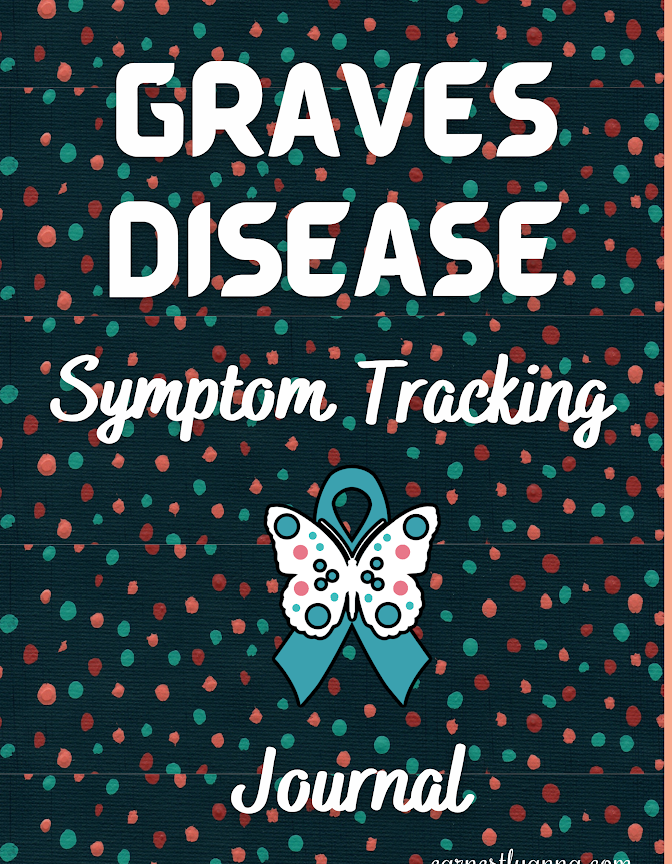
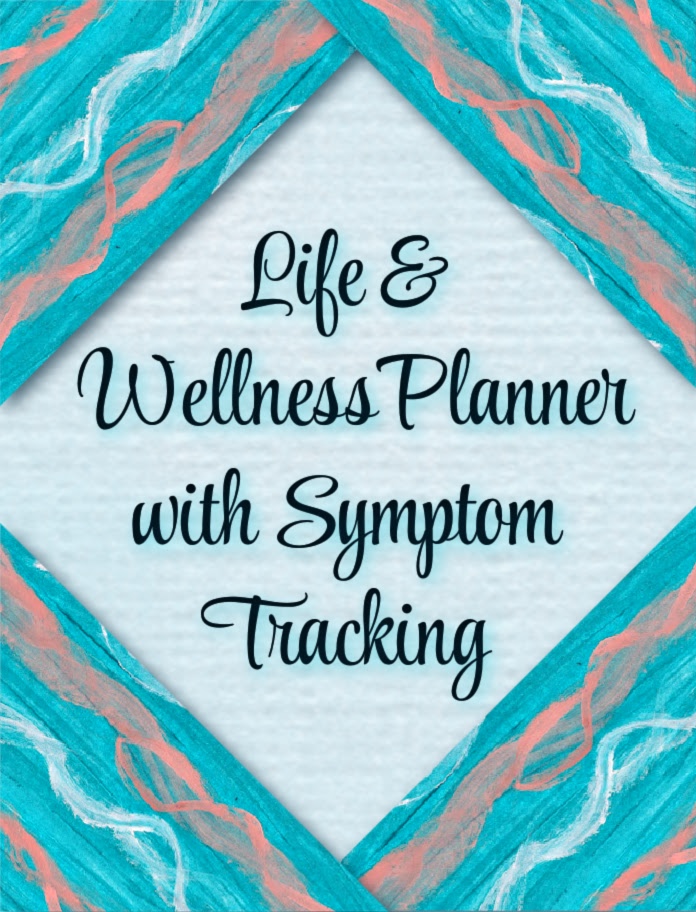
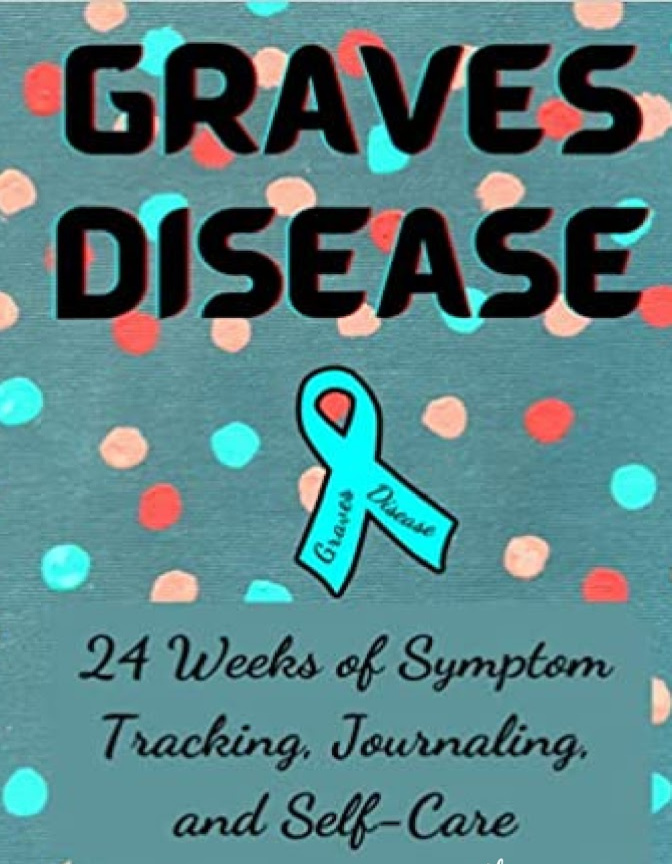

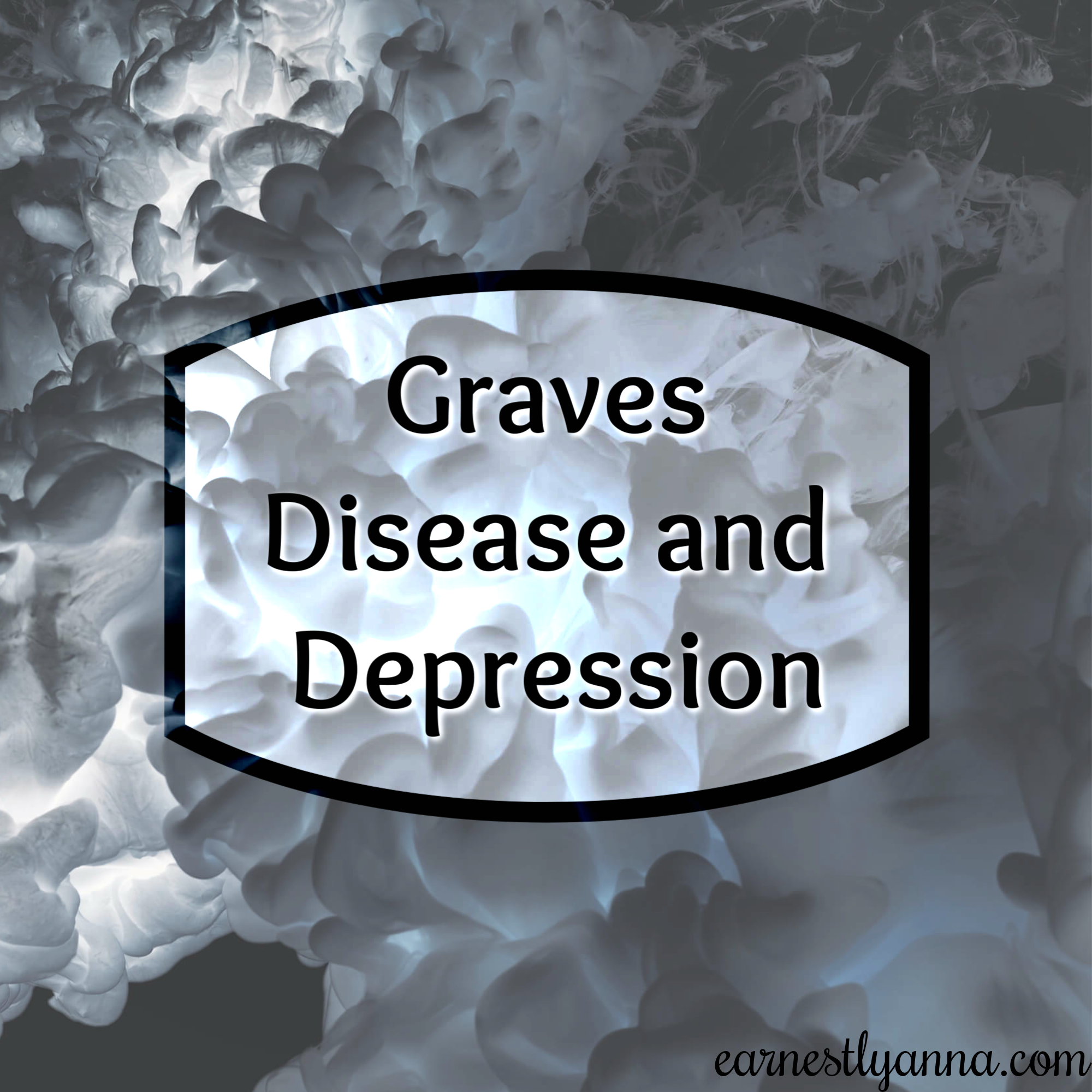


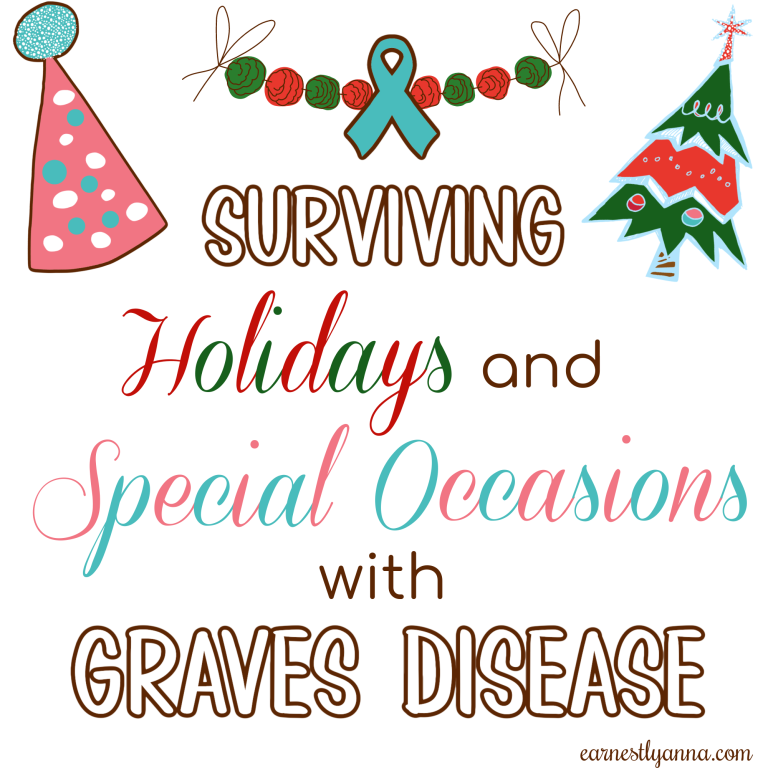

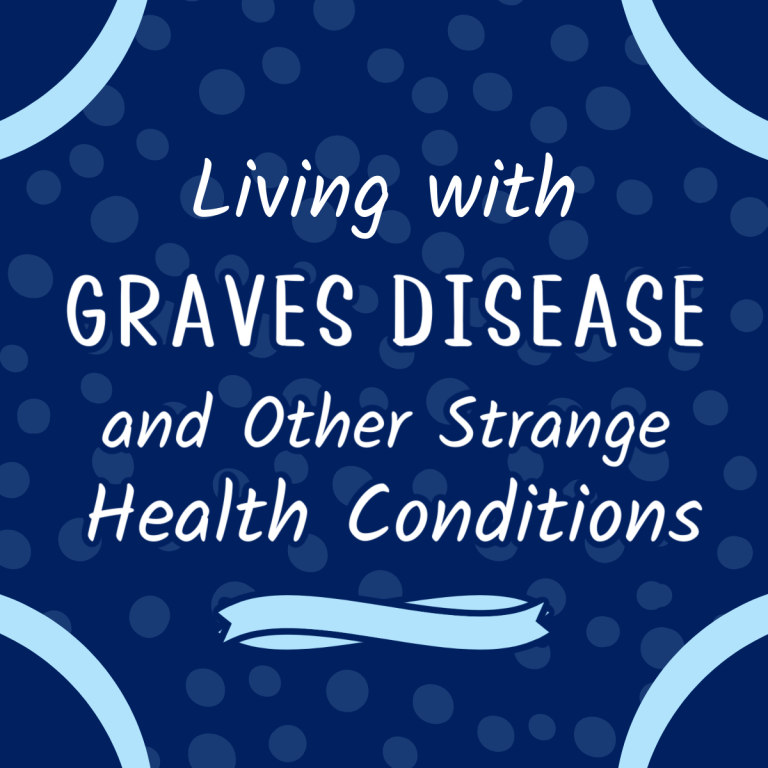

I feel exactly like this. I’ve already been diagnosed with Graves and am on methimazole to treat it. The problem is that I still feel off even though my numbers are normal. I also still have issues with itching and insomnia. Any suggestions for me?
Hi Melody! I’m so sorry you’re not feeling well. I think it’s very common to feel the way you do on Methamizole though. When my doctor first put me on it, the only thing that improved for me was my heart palpitations. She told me the reason they put us on it is so that we will hopefully go into remission. It’s not something she keeps patients on long term though. Once I reached the point of being on it for 18 months with no remission, she told me we had to make a decision for a more permanent solution; either RAI or thyroid removal. I chose removal because I was not comfortable with the whole process of RAI. My advice to you is to speak with your doctor. See how long he or she plans to keep you on it, and ask what all of your other options are. I felt an improvement in myself almost immediately after my thyroid was removed. I’m currently dealing with other hormonal issues due to my age. But for me, having my thyroid removed was the best thing I’ve done for my Graves. Everyone is different so I cannot tell you what’s best for you. Your MD will be able to give you the best advice. I hope you’re feeling better very soon!